The Next Globalisation
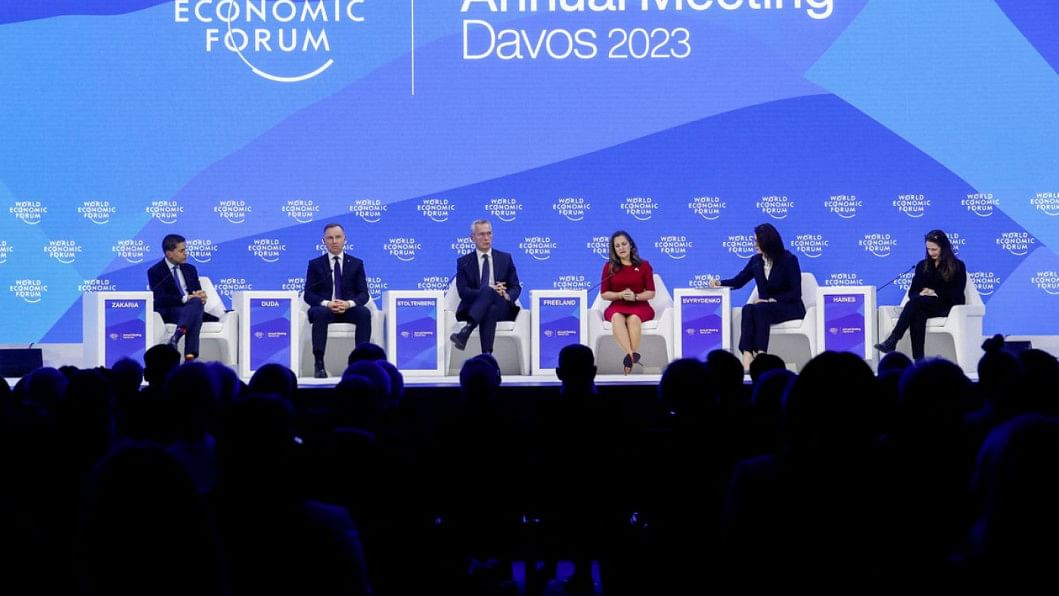
Is globalisation coming back to life? That was the big question at the World Economic Forum's annual meeting in Davos, where WEF founder Klaus Schwab asked whether it is possible to have cooperation in an era of fragmentation.
For the past decade, the steady demise of "Davos Man" – the avatar of global business and cosmopolitanism – was the big story here, seen as signs that globalisation had gone too far and would be thrown into reverse.
But the mood at this year's meeting was slightly more optimistic. Despite much concern about conflict and economic strife, the world seems to be doing a little better than global elites expected when they last met in May.
Moreover, beneath short-term developments is a more profound shift toward a new form of globalisation. While the globalisation of goods seems to have peaked, services are becoming ever more globalised, owing to the revolution in telework during the pandemic.
There is also an accelerating revolution in energy, driven partly by the war in Ukraine. At the same time, advances in artificial intelligence are opening vast new possibilities, while also creating tensions over microchips and renewed fears about joblessness and rogue robots.
Developments in all three areas – telework, renewables, and AI – will bind countries together in new networks of interdependence. As a recent McKinsey Global Institute report shows, "no region is close to being self-sufficient."
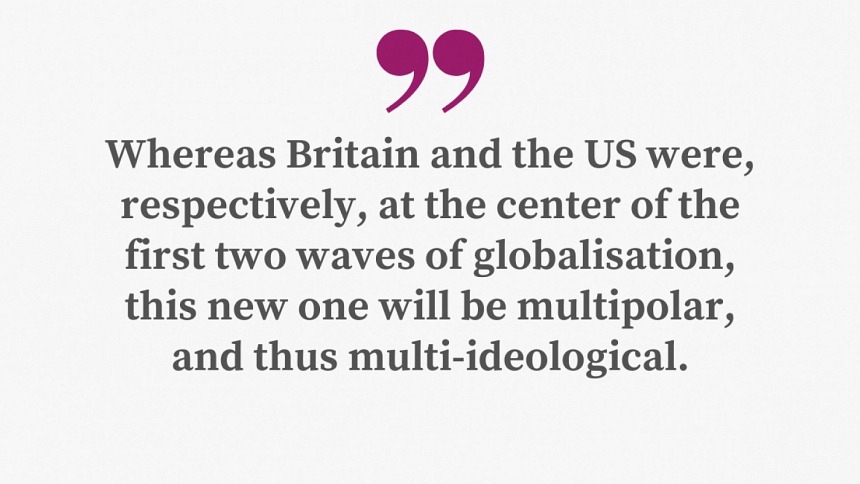
But the re-globalisation glimpsed in Davos will be fundamentally different from previous iterations. While the old model was about corporate profits, the new one is about national security in all its dimensions. Western countries have portrayed the war in Ukraine as a defence of the liberal, rules-based order against unilateral aggression by Russia (and, by extension, China). They are, therefore, busy decoupling from Russia and rethinking their economic ties with China.
But to many outside the West, Europe and the US are just as guilty of disrupting the global order – and with enormous consequences for their own security and prosperity. The way they see it, the West made a decision to turn the war into an economic conflict (through the most ambitious and far-reaching sanctions package in history), with devastating consequences for billions of people.
Back in Davos' halcyon days, the dollar-based financial system was seen as a global public good that would spread prosperity to every corner of the world. But now, it is increasingly seen as a cudgel with which the US can enforce its ideological and strategic preferences.
Whereas Britain and the US were, respectively, at the center of the first two waves of globalisation, this new one will be multipolar, and thus multi-ideological. China has not only closed the economic gap with the US, but has surpassed it as the biggest trading partner to most countries in the world. That implies a major shift in the balance of economic power.
This new dynamic suggests that the world will be divided not only by nationalism, but by fundamentally different ideas about order. Davos attendees got a flawless illustration of this when Ukrainian President Volodymyr Zelensky beamed in to deliver a speech, calling on the world to rally against Russia's unprovoked war. While half the audience cheered enthusiastically, the other half appeared unmoved. Even if many sympathise with the Ukrainians, they fear that the conflict is being used to precipitate a Cold War 2.0 that will divide the world into democracies and autocracies.
That is the last thing most political leaders want. In private discussions, African, Middle Eastern, and Latin American leaders complain that their countries already suffered a loss of sovereignty and control during the first Cold War. For them, there is little to be gained from having to pick sides yet again.
Even the US' allies are against having to choose. I spoke to a Japanese tycoon who is very worried about China's current foreign policy but also vehemently opposed to decoupling. And in his own speech to the conference, German Chancellor Olaf Scholz declared that the world of 2045 would not be bipolar but multipolar.
Ultimately, Schwab may be right to hope for cooperation in our time of fragmentation. But we must bear in mind how the next globalisation will differ fundamentally from the last one.
Mark Leonard, director of the European Council on Foreign Relations, is author of "The Age of Unpeace: How Connectivity Causes Conflict" (Bantam Press, 2021).
Copyright: Project Syndicate, 2023.
www.project-syndicate.org
(Exclusive to The Daily Star)

 For all latest news, follow The Daily Star's Google News channel.
For all latest news, follow The Daily Star's Google News channel. 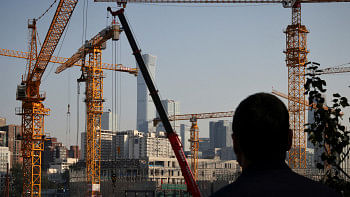




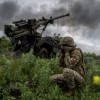



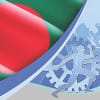


Comments